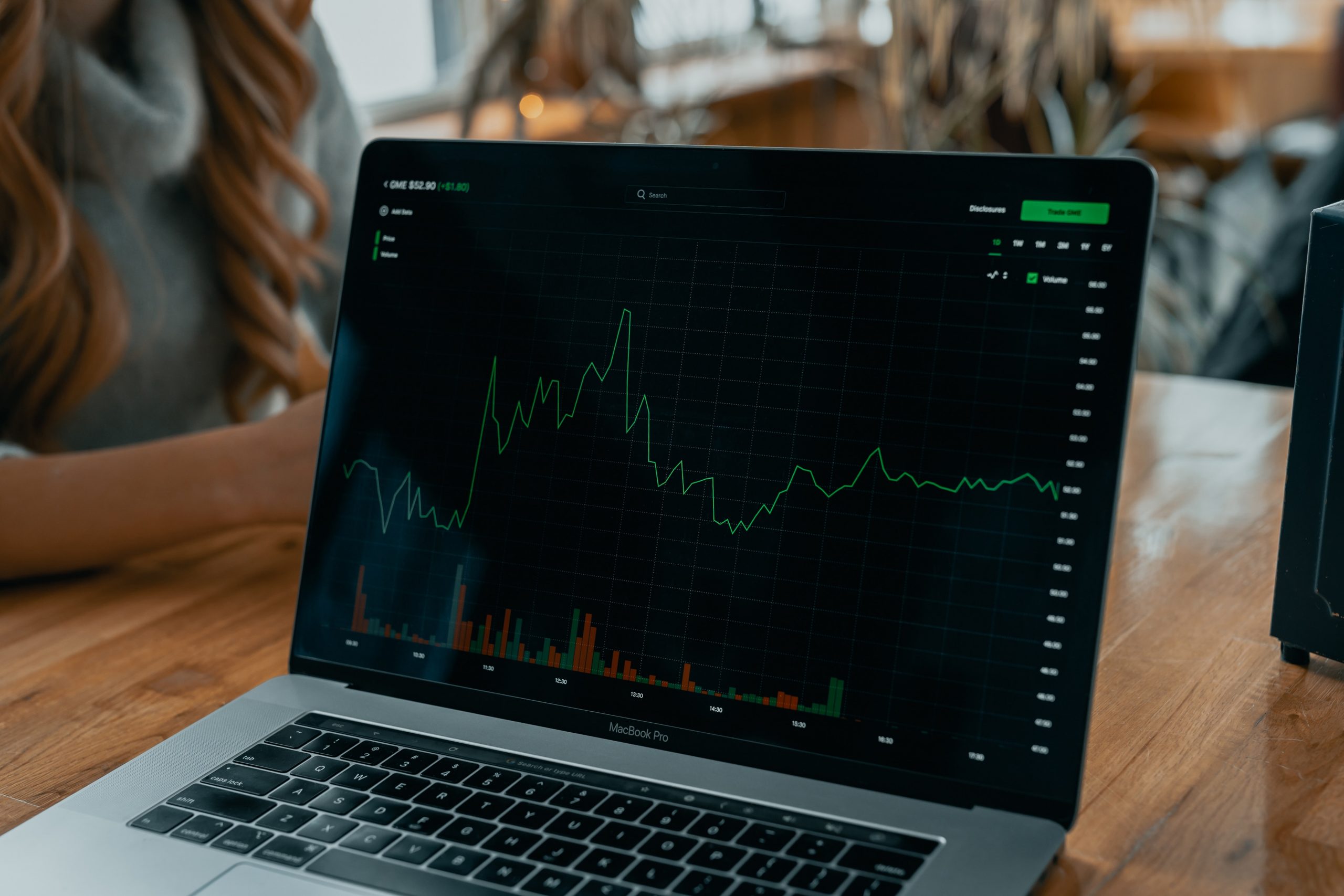The psychology of trading is a critical aspect of any form of investment, and cryptocurrency trading is no exception. The decision-making process in trading is highly influenced by a range of psychological factors, from emotions to cognitive biases. Understanding these factors can significantly improve your trading strategy and results. This article delves into the psychology of cryptocurrency trading, exploring the role of emotions, the impact of fear and greed, behavioral biases, and strategies to manage these psychological traps.
1. Introduction to Cryptocurrency Trading Psychology
Cryptocurrency trading, like any other form of trading, requires a deep understanding of market behaviors and trends. However, more crucially, it requires an understanding of one’s own psychology. Trading psychology refers to the emotions and mental state that dictate a trader’s decisions and actions. It is a complex interplay of fear, greed, confidence, and discipline, among other factors. Cryptocurrency trading psychology is even more critical due to the high volatility and unpredictability of the crypto markets. A trader’s ability to manage their emotions, biases, and impulses can significantly affect their trading outcomes.
2. The Role of Emotions in Trading Decisions
Emotions play a pivotal role in trading decisions. Two primary emotions that influence trading are fear and greed. Fear can lead to panic selling or hesitation in buying, while greed can lead to overconfidence and rash decision-making. These emotions can cloud a trader’s judgment, leading to irrational decisions that deviate from their trading strategy. Emotional trading is particularly detrimental in the volatile crypto markets, where rapid and drastic price changes can trigger intense emotions. It is crucial for traders to recognize and manage their emotions to maintain a rational and disciplined approach to trading.
3. Understanding Fear and Greed in Crypto Markets
Fear and greed are powerful emotional drivers in cryptocurrency markets. Fear triggers a survival instinct, causing traders to sell off their holdings to avoid further losses. This can lead to a market crash. On the other hand, greed can create a buying frenzy, driving up prices and creating a bubble that may eventually burst. The Fear and Greed Index, a popular market sentiment tool, measures these emotions in the market. Understanding these emotions and their impact can help traders make more informed and rational decisions, rather than being swept up by market hysteria.
4. Behavioral Biases in Cryptocurrency Trading
Behavioral biases can significantly influence trading decisions. Confirmation bias, for example, leads traders to seek out information that confirms their pre-existing beliefs, while ignoring contradictory evidence. This can result in an overly optimistic or pessimistic view of the market. Another common bias is loss aversion, where traders are more willing to take risks to avoid losses than to achieve gains. This can lead to poor risk management and decision-making. Recognizing and overcoming these biases can greatly improve trading performance.
5. Strategies to Manage Psychological Traps
Managing psychological traps in trading involves self-awareness, discipline, and a well-defined trading strategy. Traders should be aware of their emotions and biases, and how these influence their trading decisions. They should adhere to their trading strategy, rather than making impulsive decisions based on emotions or market hype. Using stop-loss orders and taking regular breaks from trading can help manage emotions and prevent burnout. Additionally, education and continuous learning can help traders understand market behaviors and improve their decision-making.
6. The Impact of Market Behaviors on Investment Outcomes
Market behaviors, driven by collective trader psychology, can significantly impact investment outcomes. Market sentiment, or the overall attitude of investors towards a particular market, can influence price trends and volatility. Positive sentiment can drive up prices, while negative sentiment can trigger a market downturn. Understanding market behaviors can help traders anticipate market movements and make more informed decisions. Furthermore, managing their own psychology can help traders navigate these market behaviors and improve their trading outcomes.
In conclusion, the psychology of cryptocurrency trading plays a critical role in trading decisions and outcomes. Understanding and managing emotions, biases, and market behaviors can greatly enhance trading performance. As the cryptocurrency market continues to evolve and grow, the importance of trading psychology will only become more significant. Traders who can master their psychology will be well-equipped to navigate the volatile and unpredictable world of cryptocurrency trading.
